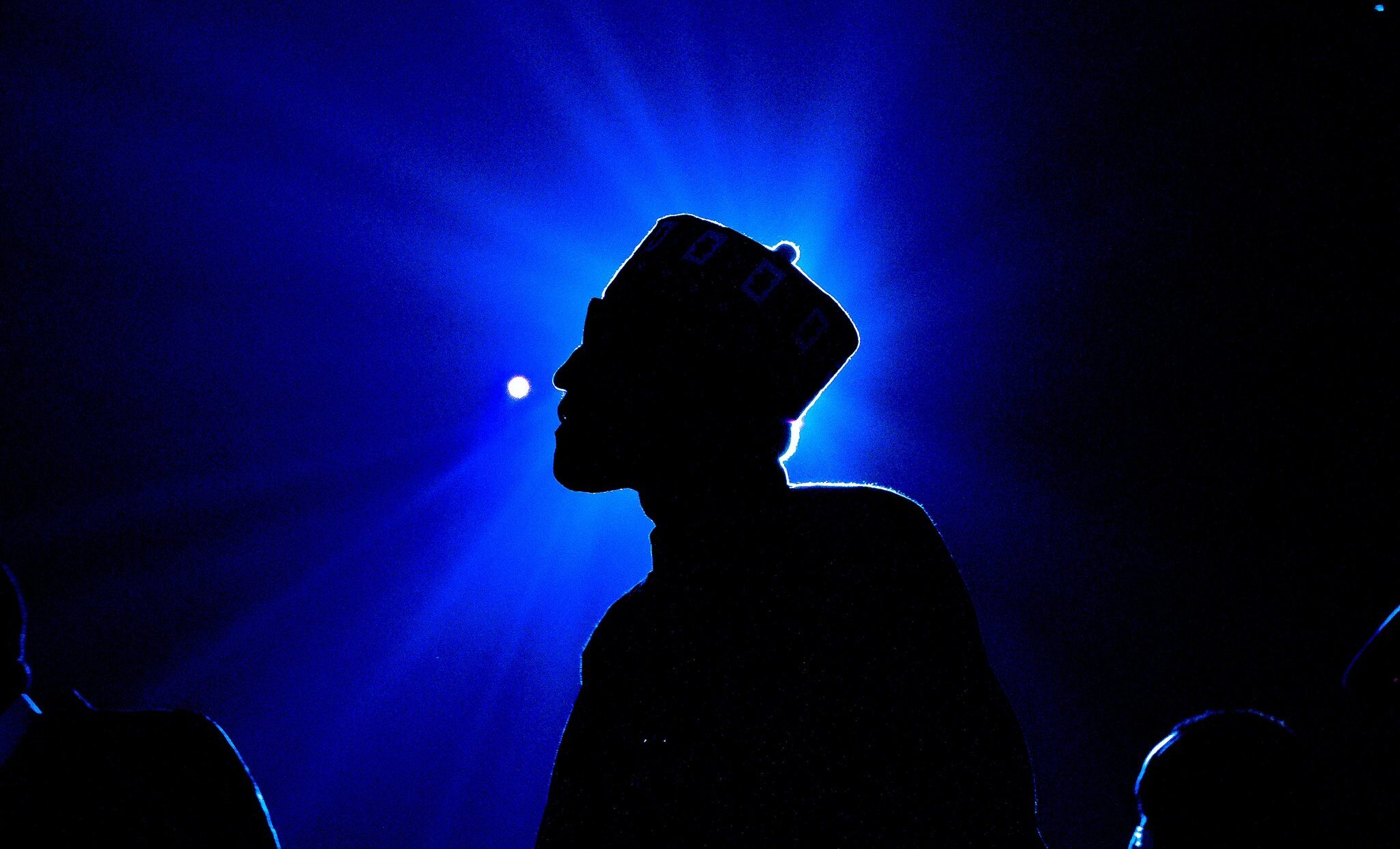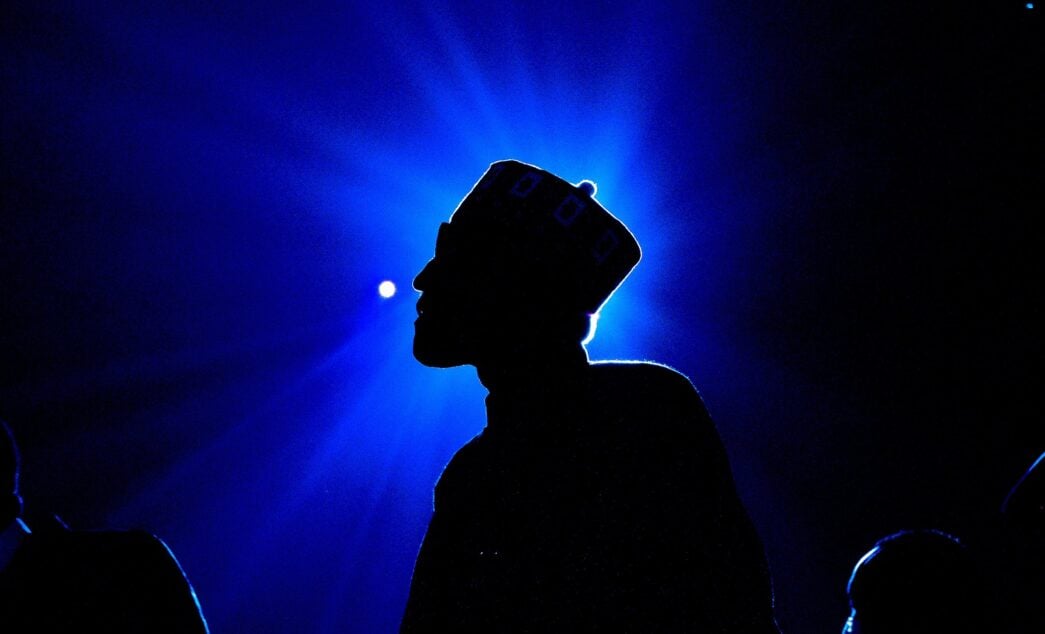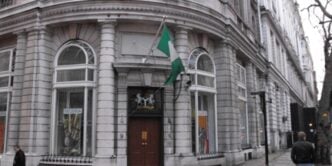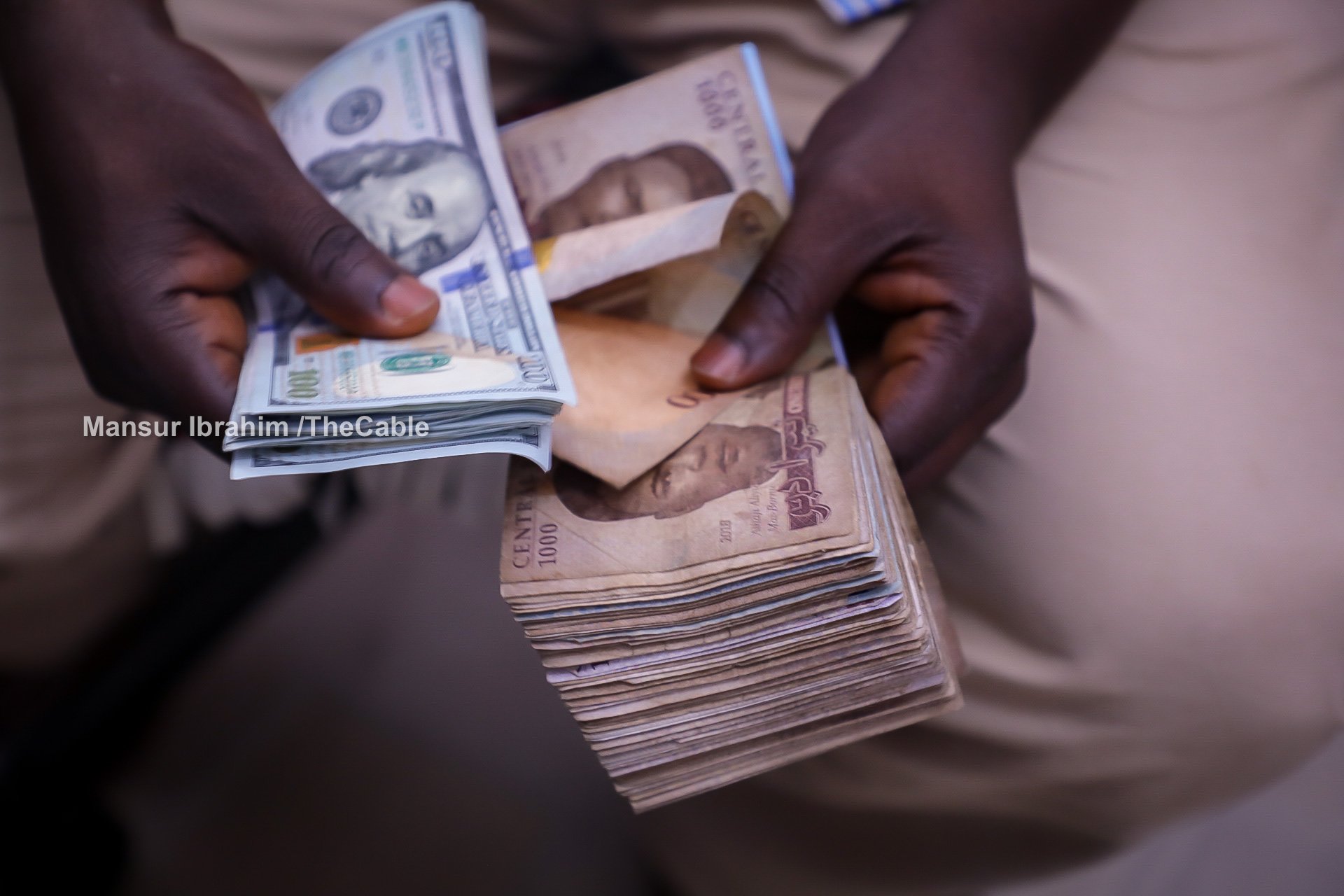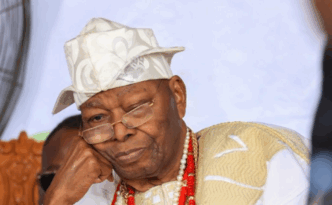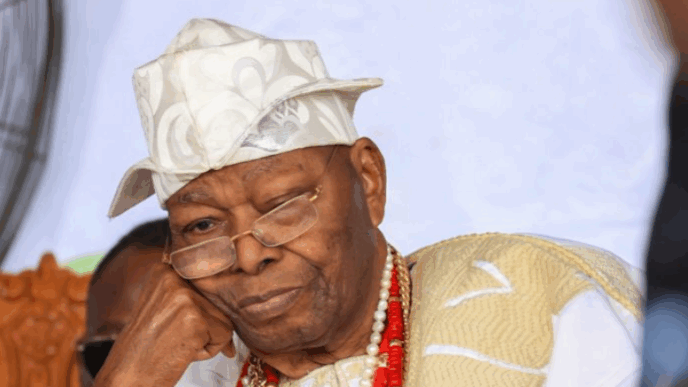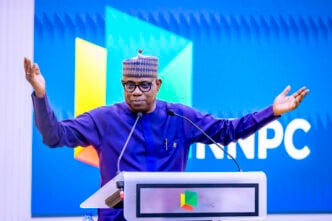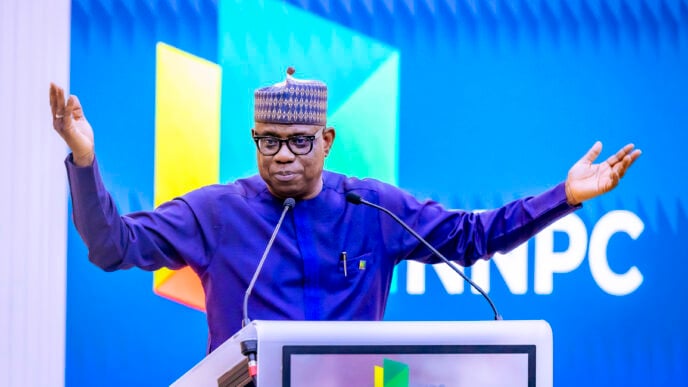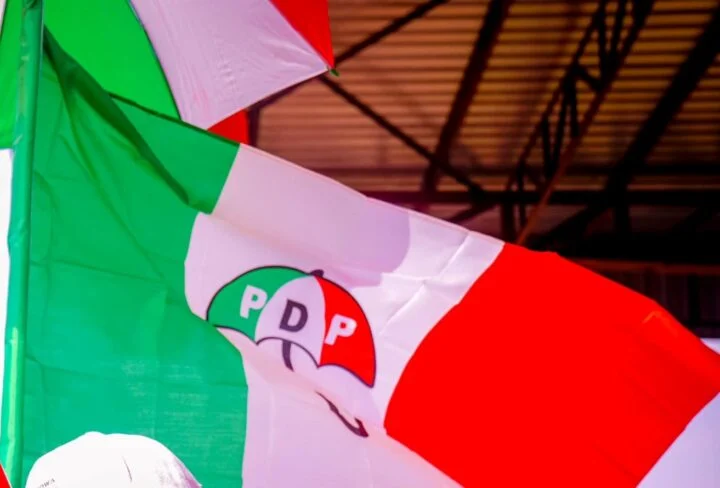Photo credit: Bayo Omoboriowo
BY UDU YAKUBU
There is an old saying that some men are born for their times, while others have their times thrust upon them. Muhammadu Buhari was neither. He was a man who shaped his times across five decades of service to Nigeria, leaving footprints so deep that his passing marks the end of an era.
As Buhari’s biographer, documenting the life of one of Nigeria’s most influential and consequential leaders, I have come to understand that my subject was not merely a former president or military leader; he was a man whose life became inseparable from Nigeria’s modern history. For those who knew him, worked with him, or simply observed him across fifty years of public service, his death represents the closing of a chapter defined by unwavering principles in a nation that often rewarded their absence.
My first close encounter with Muhammadu Buhari as my subject began when I started the project “Muhammadu Buhari – The Nigerian Legacy: 2015-2023.” This project was entirely my idea, done without any reference to him. All he did was give his approval. He did not interfere or participate in the work. He left us to do our research and arrive at whatever conclusions we found. He did not even support or try to influence the work by funding it; no. He strongly believed that public funds should not be deployed in pursuing a project that had a semblance of promoting him, or any government leader, for that matter. And he stuck to his principles.
Advertisement
Buhari would eventually read the five-volume work only when it was published; he had no influence on the outcome. His nephew, Mallam Mamman Daura, with whom I interacted extensively during the project, shared his principles and greatly respected our authorial independence and authority. He did not seek to influence the narrative or sanitise his uncle’s record. The Buhari approach to integrity in service stood out for me and, more than any policy or speech, revealed the essence of the man. He understood that history would judge him by the documented truths of his actions.
Looking back on the life and career of my subject, I realise that the scope of Buhari’s service to Nigeria remains unmatched in Nigeria’s history. From his first emergence in Nigeria’s military-cum-political scene in the 1960s, he showed that he was more than just another military officer. When civil war threatened to tear Nigeria apart, he was there, serving as a young officer in the federal forces. His military service shaped him in ways that people often failed to understand. His was not just the posturing of a strongman, but the discipline of a professional soldier who understood hierarchy, duty, and the weight of command.
He was Governor of the North-Eastern State, which is today an entire geopolitical zone in Nigeria, from August 1975 to February 1976, and delivered the task of overseeing social, economic and political improvements in Borno, Bauchi, Adamawa, Yobe, Gombe and Taraba. When General Murtala Muhammed was assassinated in February 1976, General Olusegun Obasanjo became military head of state and appointed Buhari as Federal Commissioner for Petroleum Resources. This was a critical decision that revealed much about both men. Obasanjo needed someone he could trust with Nigeria’s most valuable resource, and despite having many officers who were senior to Buhari in rank, he chose the young colonel from Daura. The appointment was not based on seniority or political connection but on character and competence.
Advertisement
The petroleum portfolio proved transformative for both Buhari and Nigeria. The position put him in charge of the newly founded National Petroleum Corporation (NNPC) in 1977, and it was in this role that he oversaw the construction of some of Nigeria’s refineries and major oil pipelines that would anchor Nigeria’s petroleum infrastructure for decades.
This appointment revealed something crucial about Buhari’s character that would define his entire career: he was consistently chosen for positions requiring absolute trust. When leaders needed someone who would not steal, who would not compromise, who would not bend under pressure, they turned to Buhari. This pattern would repeat throughout his career, from his role in the petroleum sector to his appointment as Head of State, and later as chairman of the Petroleum Trust Fund under General Sani Abacha. The recurring theme was not political alliance but character, integrity and the influence that they bred.
The 1983 coup that brought him to power illustrated this dynamic perfectly. Buhari was not the mastermind of the plot that terminated the Second Republic. The coup plotters approached him because they needed credibility, someone the military respected for his values, someone who was sellable to the nation. They understood that their cause required more than force—it required moral authority, and Buhari possessed that in abundance.
As head of state from December 1983 to August 1985, Buhari confronted a Nigeria in crisis. The Second Republic had collapsed under the weight of corruption, economic mismanagement, and political recklessness. Citizens had lost faith in institutions, in leaders, in the very idea that government could serve the public good. Into this vacuum stepped a man whose response was characteristically direct: if Nigeria was to function, Nigerians would have to learn discipline.
Advertisement
The War Against Indiscipline became his signature initiative, an attempt to reshape national behaviour through moral suasion and enforcement. Traffic lights were obeyed. Queues were respected. Public officials arrived at work on time. Environmental sanitation became a national priority. Critics called it authoritarian, and they were not completely wrong. But it was also the last time Nigeria functioned as a cohesive society with shared best standards of behaviour, especially in public places. The irony was not lost on Buhari that teaching citizens to behave properly required social re-orientation and military enforcement, but he understood that discipline was the foundation of everything else Nigeria hoped to achieve.
His overthrow in 1985 by fellow military officers ended not just his government but the last systematic attempt to instil civic responsibility in the Nigerian society. The coup leaders promised democracy and economic liberalisation, but what followed was the abandonment of the disciplinary project that had begun to transform national behaviour. Nigeria returned to the familiar pattern of personal enrichment, institutional decay, and the gradual erosion of public trust. The country became worse after his removal, as even critics would later acknowledge.
The appointment as chairman of the Petroleum Trust Fund under General Abacha in 1994 demonstrated once again the pattern that had defined his career. When Nigeria needed someone to manage resources without stealing them, when leaders required someone they could trust with substantial public funds, Buhari was the inevitable choice. General Abacha understood that the PTF’s credibility required leadership that was above reproach.
This appointment was particularly significant because it came at a time when Nigeria’s infrastructure was collapsing. Years of military misrule had left roads impassable, schools without equipment, hospitals without medicine, and communities without basic services. The PTF was tasked with using petroleum revenues to address these challenges, a mandate that could have enriched anyone in charge. Instead, Buhari transformed it into one of the most effective development agencies in Nigeria’s history.
Advertisement
Under his leadership, the PTF became a model of what government could achieve when led by someone who saw public resources as a sacred trust. Roads were built across all 36 states and the Federal Capital Territory. Schools were equipped with modern facilities. Hospitals received medical equipment and infrastructure upgrades. Water projects brought clean water to rural communities. The scope of the work was unprecedented, and the results were visible across the entire country.
The transition to democracy in 1999 marked the beginning of Buhari’s most challenging period, following his venture into politics. After decades of military service and administrative leadership, he had to learn the art of democratic politics. His multiple attempts at the presidency—in 2003, 2007, and 2011—each ended in defeat, but each taught him something about the democratic process. More importantly, each defeat demonstrated his commitment to democratic norms. He accepted electoral verdicts even when he disagreed with them, challenged results through legal channels rather than street protests, and maintained his belief that democracy was worth the frustration it caused him.
Advertisement
The 2015 election that finally brought him to power represented the culmination of a remarkable journey from military ruler to democratic politician. Nigerian voters chose him not because he had changed but because they finally understood what he had always represented: integrity in public service, commitment to national interest, and the discipline to make difficult decisions.
His presidency from 2015 to 2023 tested every principle he had spent a lifetime defending. The Nigeria he inherited was beset by multiple crises: an economy that was on its way to recession, rising insecurity, institutional decay, and systemic corruption. The challenges were compounded by two recessions, a global pandemic, falling oil prices, and very high public expectations. Yet he persisted with the same methodical approach that had defined his earlier service.
Advertisement
The anti-corruption campaign became one of the defining initiatives of his presidency. His administration’s approach was systematic and uncompromising, targeting both high-profile cases and systemic reforms. The culture of impunity that had characterised previous governments was challenged through prosecutions, asset recovery, and institutional changes that largely sought to block the channels of corrupt practices.
Becoming a democrat meant he could no longer do things like a military dictator. He showed the greatest respect for the separation of powers and the rule of law, and this came with some insurmountable hurdles, especially for a leader who was not ready to use “Ghana-must-go” bags of money for judicial, legislative and media engagements. Many Nigerians were disappointed that the “no-nonsense Buhari” they voted for was not exerting the type of drastic authority they wanted.
Advertisement
But that was the irony of the times. As Buhari himself would say, in his first coming, he caught people he presumed were thieves, jailed them, and waited for them to prove their innocence. That is the nature of military dictatorship. In his second coming, however, the rule of law meant that thieves were innocent and the onus was on the government to prove otherwise in the court of law. Not many Nigerians understood the paradoxes of the Buhari times, and many public commentators and mischief-makers exploited these for personal and political gains.
Throughout his presidency, Buhari maintained the personal discipline that had defined his entire career. He avoided ostentatious display and maintained the same modest lifestyle he had observed for decades.
The 2023 transition of power to Bola Tinubu marked the end of Buhari’s formal political career. He returned to Daura, to the quiet life he had always preferred, but he remained engaged with national affairs. Politicians, captains of industry and leaders across several sectors, among others, continued to seek his counsel, recognising that his experience and perspective remained valuable even outside formal office.
The history project I coordinated, edited and published became the most elaborate record of any administration in Nigeria’s history. The project explored various aspects of his presidency through the contributions of over 90 scholarly authors, each approaching their subject from independent perspectives. Some of the authors were not supporters of the PMB administration, and not a few of these were disappointed in themselves when they arrived at research findings that significantly contradicted some of their earlier negative presumptions.
Another factor that made the PMB administration history project extraordinary was Buhari’s approach to it. His integrity extended beyond the management of material and financial resources to encompass his relationship with people and his attitude toward intellectual inquiry. He was true to himself and wanted others to be true to themselves. This was what he brought to the documentation of his administration’s history—a commitment to truth that transcended personal or political considerations.
The resulting volumes represent a timeless assessment not just of his administration but of the man himself. They document both achievements and shortcomings, successes and failures, providing a comprehensive record that should be the basis for any serious evaluation of his impact. Going step by step in a systematic order that covers almost all sectors of the nation’s experience, the work demonstrates that the Buhari administration was a huge success when judged by accomplishments rather than the skewed discourses of many media commentators and the petty and pedestrian sentiments that often dominate the social media.
People and media houses have praised the accomplishments of many of Buhari’s appointees and stewards. In 55 out of a total of 84 pages of TELL magazine of 22 April 2024, one year after Buhari had left office, the editors of TELL extensively captured stories of accomplishments in office by Buhari’s men. Such achievements ultimately reflected the vision and character of the man who appointed them. Definitely, not every appointee performed at the highest level, but overall, the Buhari administration was a reflection of good governance despite facing unprecedented challenges, especially the COVID-19 pandemic that grounded the nation’s economy for several months.
The history project revealed that many Nigerians understand Buhari primarily through his presidency, which was indeed significant. But in the context of Nigeria’s overall development, his contribution must be viewed from a much broader perspective. He played a critical role in keeping the nation together during the Civil War as a young officer. He served in governance for five decades, remaining relevant to national affairs throughout the entire period.
The scope of his service was unparalleled in Nigerian history. There is probably no Nigerian, living or dead, who had the opportunity to serve in as many different high-ranking and high-impact executive capacities as Buhari did. He was a military governor, petroleum minister, head of state, PTF chairman, and president. This breadth of experience gave him a unique understanding of Nigeria’s challenges and possibilities. He had seen the country from multiple perspectives, had worked at various levels of government, and had dealt with almost every type of crisis that could confront a leader.
It is not surprising that Buhari was not too inclined to write an autobiography. This was a man who had seen everything about Nigeria and its people in public service. He believed there was no way he could tell his complete story without addressing uncomfortable truths about the country and its leadership across multiple decades.
This reluctance was not false modesty but a recognition that his life was so intertwined with Nigeria’s modern history that any complete account would require confronting the full complexity of the nation’s journey with some uncomplimentary truths. His story is Nigeria’s story, and Nigeria’s story is too nuanced, too painful in many regards. But the story has to be told!
Fortunately, in early 2024, President Muhammadu Buhari accepted that I should research and write his biography, and we have had many illuminating sessions in the quiet of his home in Daura. It is most painful that he died at the time he did. Till my last engagement with him, he was strong, agile and sprinting. He looked like a man who would live another 20 or more years. But don’t we all? Painful as his passing is, however, Buhari will be forever celebrated because he lives on, and his legacies live on.
My work on his biography continues, as it must. The biography will be completed, pursuing his story to a meaningful, satisfying, and deserving conclusion. The records will be preserved, and history will make its judgment based on a true, clinical understanding of the man and documented facts, rather than ephemeral sentiments and political rhetoric.
The man who passed away in London on 13 July 2025 leaves behind a legacy that transcends any single office or achievement. He demonstrated that public service could be noble, that integrity could prevail, and that one person, armed with godly principles and sustained by faith, could indeed make a difference. That was President Muhammadu Buhari.
Dr. Udu Yakubu, author of 21 critically acclaimed biographies, among other books, is Africa’s most published professional biographer and chief biographer at May Publishing.
Views expressed by contributors are strictly personal and not of TheCable.
